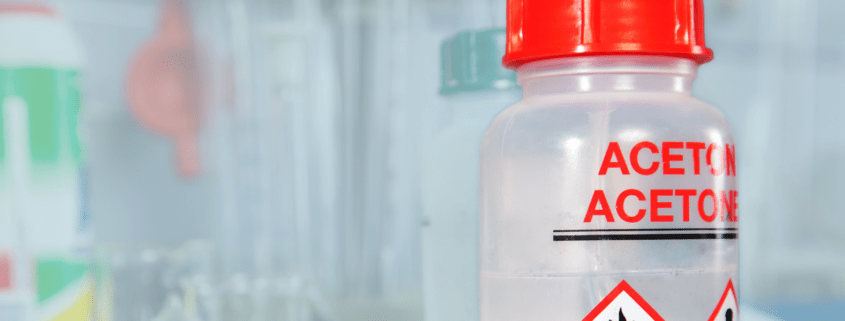Why Is The Price of Acetone Surging?
Why is the price of acetone surging? The short answer is simply that there is currently a limited supply of Acetone available. Acetone is a raw material that is used across a multitude of industries, and can be affected by a variety of factors including supply chain disruptions, crude oil prices and more. At this current time in the chemical market place, acetone is simply scarce due to the demand that was placed on this solvent during the covid-19 pandemic.
Why is the price of acetone surging as a result of the pandemic? Solvents like acetone were bought up at dramatically increased rates, in an effort to produce disinfectant products. Now the industry is experiencing a supply shortage as a result, which has caused prices to go up, while the chemical industry works to produce more acetone.
Even though the covid-19 pandemic has greatly increased the demand for acetone, this price inflation is expected to be a short term issue. Major chemical producers are working to increase acetone production, and there is finally a light at the end of the tunnel for the pandemic. This means there will soon be an increased supply, and some relief in terms of the large demand for acetone.
In the meantime, if you are looking for an acetone substitute, or a supplier that still has bulk acetone in stock and ready to ship, Ecolink can help!
Benefits Of Working With Ecolink:
- Variety – Ecolink offers a wide variety of chemicals, solvents, and environmentally preferred chemical alternatives. If you need help finding a specific solvent, a chemical substitute, or an eco-friendly alternative, Ecolink has you covered!
- Expert Knowledge – Ecolink has a knowledgeable staff of chemists and industry experts who can help you find the best chemicals and solvents for your needs. If you need help understanding your options, or finding a new chemical for your particular applications, they are happy to help!
- Bulk Supply – Ecolink offers bulk sizing, up to 55 gallon drums, of all of their chemical products.
Why is the price of acetone surging and where can you find solvents in stock?
If you are looking for bulk acetone or other bulk solvents and green alternatives, contact Ecolink here! Ecolink and their dedicated team are ready to help you find the right chemicals for your needs!



